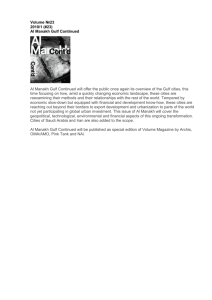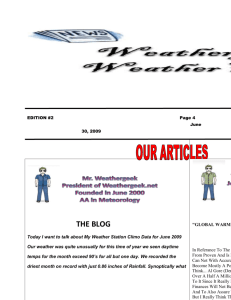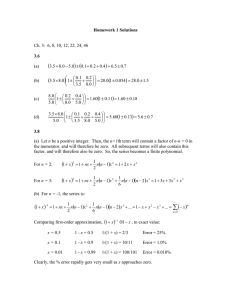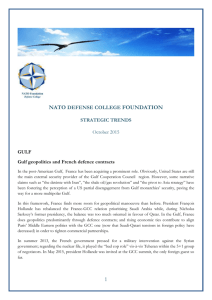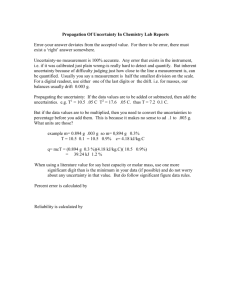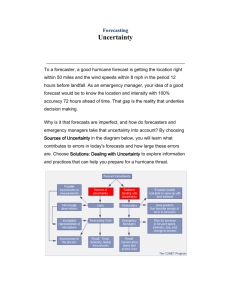Gulf M&A bucks trend despite global uncertainty
advertisement
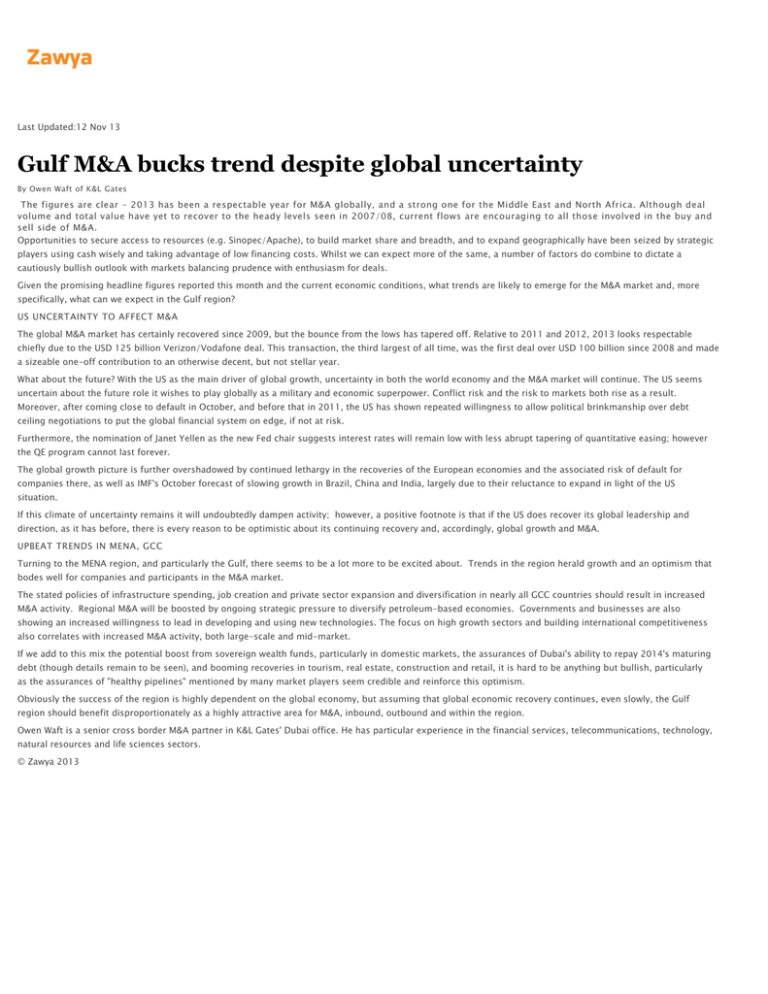
Last Updated:12 Nov 13 Gulf M&A bucks trend despite global uncertainty By Owen Waft of K&L Gates The figures are clear - 2013 has been a respectable year for M&A globally, and a strong one for the Middle East and North Africa. Although deal volume and total value have yet to recover to the heady levels seen in 2007/08, current flows are encouraging to all those involved in the buy and sell side of M&A. Opportunities to secure access to resources (e.g. Sinopec/Apache), to build market share and breadth, and to expand geographically have been seized by strategic players using cash wisely and taking advantage of low financing costs. Whilst we can expect more of the same, a number of factors do combine to dictate a cautiously bullish outlook with markets balancing prudence with enthusiasm for deals. Given the promising headline figures reported this month and the current economic conditions, what trends are likely to emerge for the M&A market and, more specifically, what can we expect in the Gulf region? US UNCERTAINTY TO AFFECT M&A The global M&A market has certainly recovered since 2009, but the bounce from the lows has tapered off. Relative to 2011 and 2012, 2013 looks respectable chiefly due to the USD 125 billion Verizon/Vodafone deal. This transaction, the third largest of all time, was the first deal over USD 100 billion since 2008 and made a sizeable one-off contribution to an otherwise decent, but not stellar year. What about the future? With the US as the main driver of global growth, uncertainty in both the world economy and the M&A market will continue. The US seems uncertain about the future role it wishes to play globally as a military and economic superpower. Conflict risk and the risk to markets both rise as a result. Moreover, after coming close to default in October, and before that in 2011, the US has shown repeated willingness to allow political brinkmanship over debt ceiling negotiations to put the global financial system on edge, if not at risk. Furthermore, the nomination of Janet Yellen as the new Fed chair suggests interest rates will remain low with less abrupt tapering of quantitative easing; however the QE program cannot last forever. The global growth picture is further overshadowed by continued lethargy in the recoveries of the European economies and the associated risk of default for companies there, as well as IMF's October forecast of slowing growth in Brazil, China and India, largely due to their reluctance to expand in light of the US situation. If this climate of uncertainty remains it will undoubtedly dampen activity; however, a positive footnote is that if the US does recover its global leadership and direction, as it has before, there is every reason to be optimistic about its continuing recovery and, accordingly, global growth and M&A. UPBEAT TRENDS IN MENA, GCC Turning to the MENA region, and particularly the Gulf, there seems to be a lot more to be excited about. Trends in the region herald growth and an optimism that bodes well for companies and participants in the M&A market. The stated policies of infrastructure spending, job creation and private sector expansion and diversification in nearly all GCC countries should result in increased M&A activity. Regional M&A will be boosted by ongoing strategic pressure to diversify petroleum-based economies. Governments and businesses are also showing an increased willingness to lead in developing and using new technologies. The focus on high growth sectors and building international competitiveness also correlates with increased M&A activity, both large-scale and mid-market. If we add to this mix the potential boost from sovereign wealth funds, particularly in domestic markets, the assurances of Dubai's ability to repay 2014's maturing debt (though details remain to be seen), and booming recoveries in tourism, real estate, construction and retail, it is hard to be anything but bullish, particularly as the assurances of "healthy pipelines" mentioned by many market players seem credible and reinforce this optimism. Obviously the success of the region is highly dependent on the global economy, but assuming that global economic recovery continues, even slowly, the Gulf region should benefit disproportionately as a highly attractive area for M&A, inbound, outbound and within the region. Owen Waft is a senior cross border M&A partner in K&L Gates' Dubai office. He has particular experience in the financial services, telecommunications, technology, natural resources and life sciences sectors. © Zawya 2013
